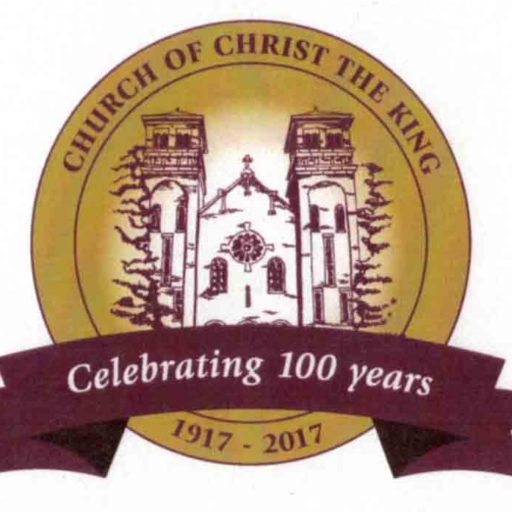The Liturgical calendar only celebrates 3 birthdays. On December 25, the Church celebrates the birth of Jesus; on June 24, the birth of John the Baptist; and on September 8, the birth of the Blessed Virgin Mary.
The church teaches that Jesus is fully human and fully divine. Since Jesus is fully human, he embraces the fullness of human nature, including the experience of being born of a woman.
If my mother had not been born, I would not be standing here today. Likewise, the birth of Jesus could not have happened without the birth of Mary. One of St. Padre Pio’s famous quotations is: “Be very grateful for the Madonna because it was she who gave us Jesus.” Without Mary, there would be no Incarnation.
This is where a connection can be made with today’s Gospel. In today’s Gospel, Matthew outlines Jesus’ genealogy. In outlining Jesus’ human ancestry, the Gospel lists 3 groups of 14 generations, for a total of 42 generations, beginning with Abraham and ending with Jesus. Joseph, Mary’s spouse, stands as the connecting person to the promise that Jesus, the Messiah, would come from David’s line.
The 1st message in reflecting on Jesus’ genealogy is that God has a plan for the universe and for each of our individual lives. But God’s timetable for fulfilling that plan may not be the same as our timetable. Abraham was born in 1850 BC; Jesus was born around 3 BC. Notice that there are almost 1900 years between the promise that God made about the salvation of the world and its fulfillment.
The key is to remember that God’s decisions and actions are always directed towards the greatest good for all involved. Our call is to be patient and to be like Mary: to believe, to trust and to surrender with great hope and confidence to the agenda that God holds out for our lives.
As we consider the names on this list, we can see that Jesus’ lineage, was not perfect. Jesus’ genealogy reveals both people of excellent character as well as very dysfunctional individuals. There are saints as well as sinners, virtuous people as well as immoral people, the rich and famous as well as the poor and the excluded, royalty as well as ordinary and simple people.
For example, David is a great king who unites the nation, but he is also a murderer and an adulterer. Rahab is a prostitute. Jacob deceives his father to steal the birthright from his elder brother Esau. Tamar commits incest with her father-in-law Judah.
The 2nd message is that Jesus’ genealogy shows that nothing can stop God’ s plans from coming to fruition – including people’s stupidity, dysfunction and sinfulness. God is stronger than and more powerful than human sinfulness, weakness and imperfection. Fr. Benny Tuazon is a Filipino spiritual writer from the Archdiocese of Manila. He puts it this way: “God can write straight with crooked lines”.
The same comments can apply to our lives. As Fr. Richard Rohr states: “God is an expert at working with mistakes and failure. In fact, that is about all God does. Mistakes do not seem to be a problem for God. God, it seems loves vulnerability”. No challenge, no difficulty, no sin can be a barrier that prevents God’s grace and strength from being at work.
As St. Paul tells us, “God’s power is at its best in weakness. For it is when I am weak that I am strong.” In the fullness of our humanity, our brokenness and our fragility, we can only find our purpose in, with and through God. Our call is to imitate Mary: to be open to God and to give him permission to accomplish whatever he wishes through us in spite of our imperfections.
The 3rd message that Jesus’ genealogy reveals is that God needs the co-operation of human beings to come into the world. Bishop Robert Barron writes: “God had a series of human ancestors, and like most families, they were something of a motely crew. And what good news this is for us! It means that God can bring Christ to birth even in people like us.”
What Bishop Barron is saying is that the mission of our lives is the same as Mary’s. Just as Mary delivered Christ into the world, our primary responsibility as Christians is to deliver Christ to our world. Our primary task is to bring Christ to our homes, our schools, our hospitals, our offices, our restaurants, our arenas, our shopping centres. Just as God relied on Mary to cooperate with him to bring Jesus to birth in Bethlehem, God counts on us to cooperate with him to bring Jesus to birth in Sudbury in 2021.
As our Eucharist continues, let us ask God for the grace to integrate these 3 messages from today’s feast into our daily lives.
Amen.
Deacon Roland Muzzatti
September 8, 2021
